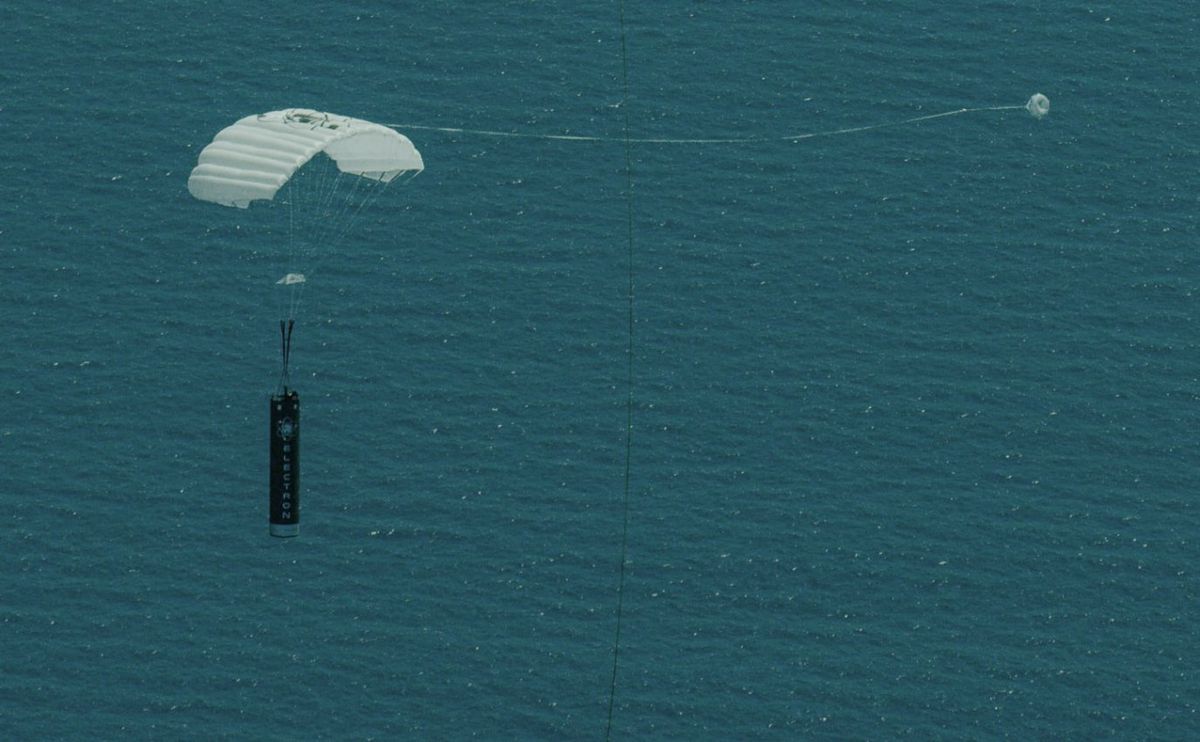Small launch firm Rocket Lab announced plans on Monday to go public through a merger with a special purpose acquisition company, or SPAC, marking the latest deal in an industry where SPAC mergers are becoming increasingly common. The firm also unveiled a new rocket called Neutron that its chief executive said will be capable of launching humans.
The SPAC deal values Long Beach, California-based Rocket Lab at $4.1 billion and is expected to close in the second quarter of 2021. Once the merger is done, Vector Acquisition Corporation, the SPAC Rocket Lab is merging with, will change its name to Rocket Lab USA, Inc, and the Nasdaq ticker symbol will be RKLB.
“This milestone accelerates Rocket Lab’s ability to unlock the full potential of space through our launch and spacecraft platforms and catalyzes our ambition to create a new multi-billion-dollar business vertical in space applications,” Rocket Lab CEO Peter Beck said in a statement.
Rocket Lab will have $750 million in cash when the deal closes, fueling development of the company’s next rocket dubbed Neutron, a fully reusable launch vehicle capable of lifting eight tons to orbit. The rocket is “tailored for mega constellations, deep space missions and human spaceflight,” the company said.
Rocket Lab’s workhorse Electron rocket has launched 18 missions since its first flight in 2017 from the company’s main launch site in New Zealand. That rocket is in the early stages of transforming into a reusable vehicle. After a launch, its main booster stage will eventually be plucked out of midair by a helicopter instead of crashing into the ocean, like it does now in its test phase. The company plans to test that helicopter maneuver later this year, following a successful splashdown recovery test last year.
:no_upscale()/cdn.vox-cdn.com/uploads/chorus_asset/file/22336608/electron_recovery.jpg)
Plans for Rocket Lab’s next rocket, Neutron, were revealed on Monday. With a debut flight slated for 2024, Neutron will stand just over 130 feet tall and be a “direct alternative to” SpaceX’s bigger Falcon 9 rocket, an investor presentation said. It’ll be capable of launching humans and sending astronauts to the International Space Station, a task traditionally handled by governments but that is shifting more to private companies. SpaceX and Boeing are NASA’s current contractors for sending astronauts to the ISS.
In the past, Beck has said Rocket Lab would never reuse a rocket or build one bigger than Electron, and he vowed to “eat his hat” if he ever recants. He didn’t eat a hat when his company announced plans to reuse Electron in 2019, but now with the release of Neutron, he actually blended a Rocket Lab baseball cap in a blender and ate it on camera.
“There’s a lot of things at Rocket Lab that we said we were gonna do, that we’ve done,” Beck said in a video his company tweeted on Monday. “And a few things at Rocket Lab that we said we’d never do, which we have also done. So I think with this project, it’s about time I finally ate the hat.”
Currently, Rocket Lab, founded in 2006, is the industry leader for dedicated missions launching small satellites. Dozens of other small launch firms have been established since, jockeying for a slice of the market. But potential shortfalls in traditional funding and fears that demand for small launchers is overblown — or that there’s just too many launch companies now — have driven a recent wave of consolidations and SPAC mergers in the space industry.
SPACs, or “blank check” companies, are traded publicly to raise money before merging with a privately held company, presenting a quicker route for a private company to go public besides the more traditional initial public offering process.
Last month, small launch firm Astra announced plans to go public via SPAC at a $2.1 billion valuation, citing 50 customer launches lined up and over $150 million of contracted launch revenue so far. Richard Branson’s Virgin Galactic became the first space tourism company to go public in 2019 through a merger with Social Capital Hedosophia, a SPAC. In-space transportation firm Momentus Space announced plans last year to go public after merging with Stable Road Acquisition Corp. And just a few months ago, space-based broadband startup AST & Science also said it’s doing a SPAC merger to go public.
On Monday, the same day as Rocket Lab’s announcement, Spire Global, a space-based satellite data company with over 100 satellites in space, announced its own plans to go public through NavSight Holdings, Inc., another SPAC.
